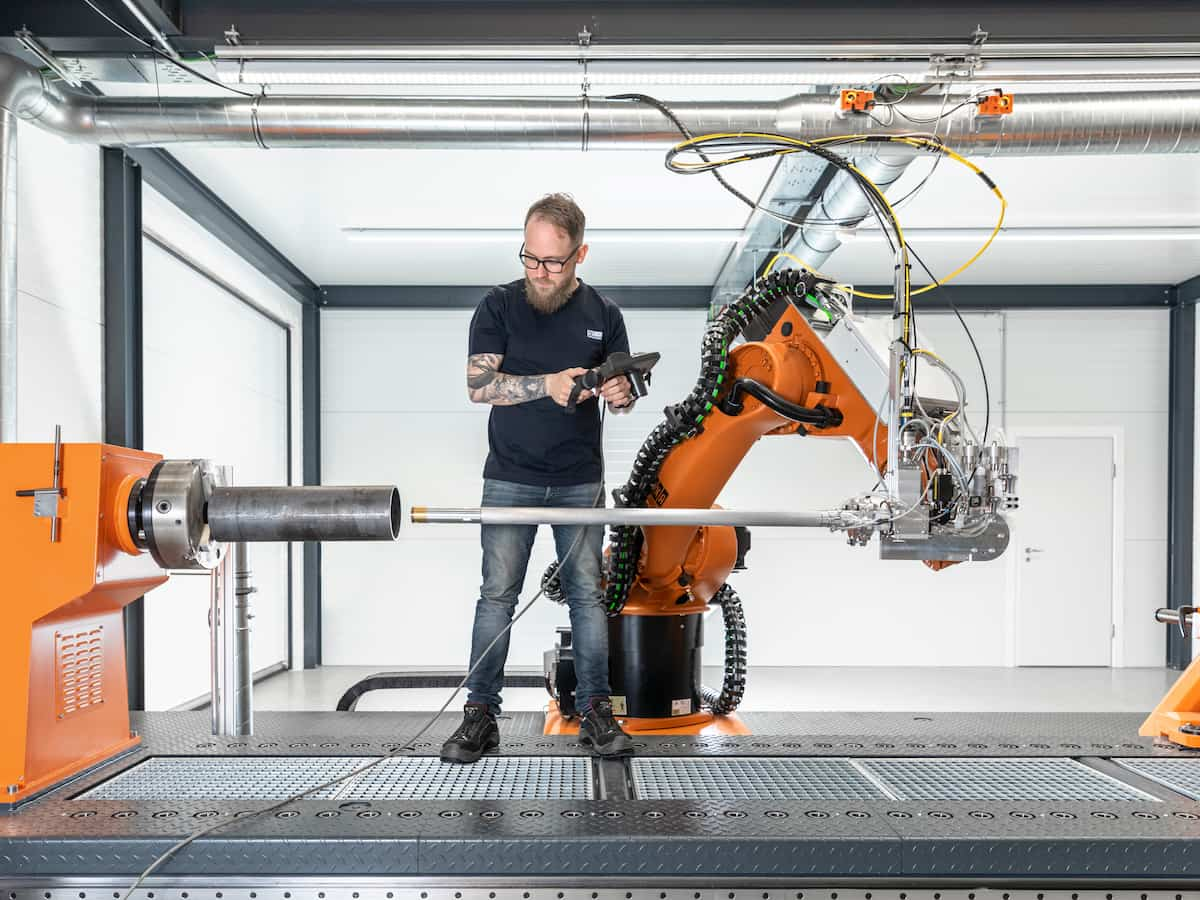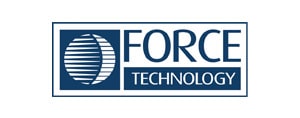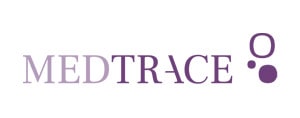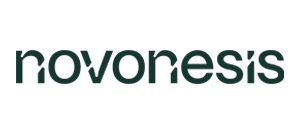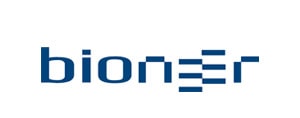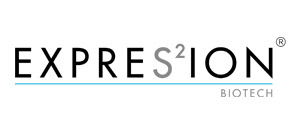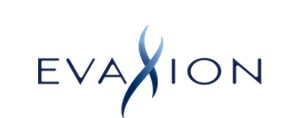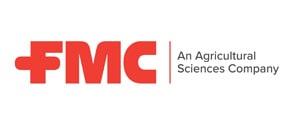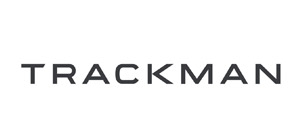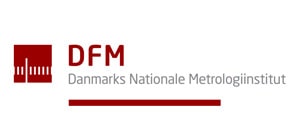Even before the establishment of the Science Park in Hørsholm, FORCE Technology, then DELTA, was located on Venlighedsvej. So it is safe to say that the now 80-year-old technological consulting and service company is a cornerstone in the Science Park’s deep tech environment.
This is not least due to the fact that FORCE Technology is one of Denmark’s seven GTS institutes: the Danish Technological Institute, the Alexandra Institute, DBI, Bioneer, DFM, DHI and FORCE Technology. The latter four live in Forskerparken in Hørsholm.
The GTS institutes develop new innovative, technological solutions and make extensive infrastructure of laboratories and test facilities available to the Danish business community. Every year, FORCE Technology services almost 8,000 Danish and foreign companies, including many of DTU Science Park’s own deep tech companies.
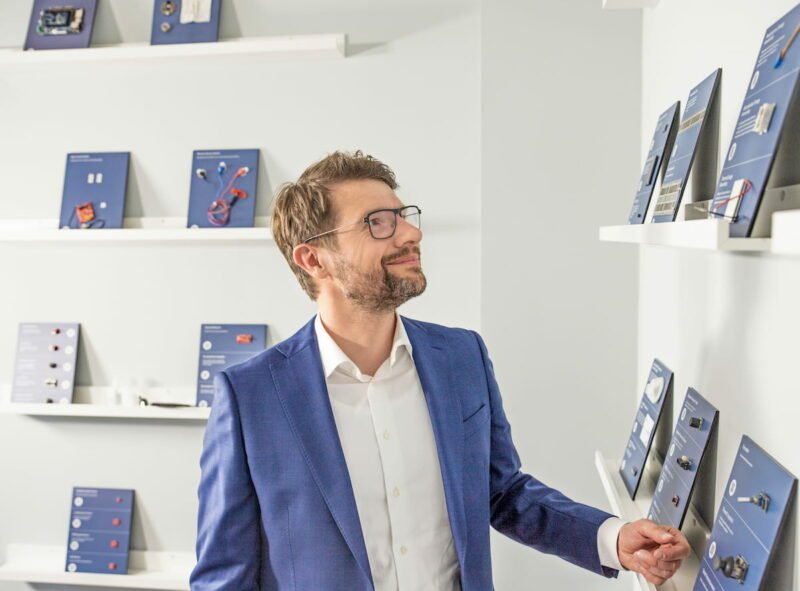
“FORCE Technology is a deep tech organization itself, which is why it is obvious for customers, partners and employees to live among so many other deep tech companies – just as the surroundings and facilities in Søhuset Conference Center are good when our own facilities are not enough,” says Thomas Bech Hansen , Vice President of FORCE Technology:
“From Venlighedsvej, we especially help companies whose products contain electronics that either need help with new technologies, sensors or develop IoT-based solutions, help with e.g. photonics or acoustics – or who must have international market access and need technical documentation. ”
In this way, FORCE Technology contributes greatly to the degree of innovation and collaboration across DTU Science Park. According to the Science Park’s annual survey, Deep Tech Insights, 70 percent of companies have launched new products, services or concepts in 2020, while two out of three collaborate with other companies in the Science Park.
New wave of startups
It is especially for the small businesses and startups that the GTS institutes can create value. In recent years, FORCE Technology has helped more than 900 companies that had existed for less than 3 years.
“The universities’ focus on startups has increased the number of new high-tech companies. They are incredibly good at giving birth support: bringing forward new ideas and ensuring proof-of-concept. The strength of the GTS institutes then lies in getting the new ideas to mature, scaled and not least brought safely to market, ”says Thomas Bech Hansen.
In addition to the direct collaborations with high-tech companies of all sizes, it is important for FORCE Technology to actively contribute to the broad deep tech community in Forskerparken:
“In the Science Park, we hold network meetings and seminars, where you gain insight into new technology and new standards. Among other things, we run eight professional clubs within electronics, audio, wireless / IoT and much more. In addition to access to the latest knowledge, it provides access to knowledge sharing with like-minded people. It’s a good way to get started knowing the possibilities for getting help from FORCE Technology or one of the other GTS institutes.”
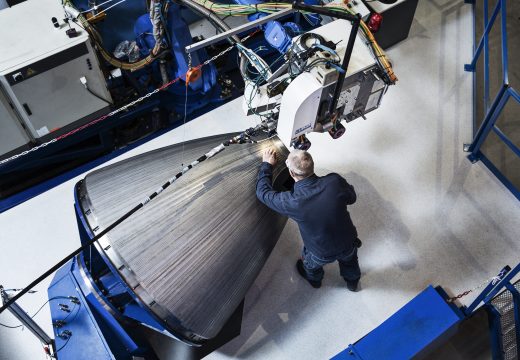
Strengthening the green transition in the Danish business community
The Danish Agency for Education and Research invests through the GTS institutes in building a new technological service for the benefit of the Danish business community. For FORCE Technology’s contract, the focus is on green transition, digitalisation and health in the coming years.
“In collaboration with three other institutes – DBI, the Alexandra Institute and the Danish Technological Institute – we will build an ecosystem for Power-to-X, build data-driven risk models for the wind turbine industry, ensure increased hygiene and product safety in life science and the food sectors – and not least further develop it successful Nordic IoT Center, which brings together users, developers, consultants and manufacturers within IoT, ”says Thomas Bech Hansen.
Power-to-X is the term for conversion technologies that make it possible to use excess renewable energy for eg transport or chemicals. Out of the focus areas will be technological services and facilities that will support Danish strengths far into the future:
“The ecosystem must bring together all the relevant partners needed to make Power-to-X a success: From hydrogen production to hydrogen transport and metering and billing. There are so many links in the value chain that need to work together. It requires that you gather the players around the table – not just the big ones – but especially all suppliers and the follow-up industry that must supply systems, meters, valves, pumps, etc. ”
Reconstruction and restructuring of the Danish business community
FORCE Technology has for decades been a strong player in the energy sector from the first oil and natural gas to the first wind turbines. That focus will continue in the future for FORCE Technology, but the corona pandemic and the closure of society have meant that many industries need to be rebuilt and transformed into a different reality.
“Our long history and insight into the energy structure is relevant when the next technological transformation takes place in these years for the development of offshore wind, energy islands, P2X and CO2 capture and storage. But 2021 will continue to stand in the shadow of the corona. Here, FORCE Technology plays a crucial role with our technological knowledge in, for example, IoT and sensors, when more and more people want digital access to their products and productions – or want to increase their security of supply by being able to 3D-print spare parts and components, “says Thomas Bech Hansen.
In addition to the inevitable focus on helping the Danish business community to emerge stronger from the corona pandemic, FORCE Technology is rolling out a new mission and vision with a special focus on Wind Energy, Power-to-X, Circular Economy, Life science, Hybrid Test & IoT and digitalisation.
The GTS institute FORCE Technology is an international consulting and service company with almost 1,200 employees, offering a wide range of services and solutions for the shipping and construction industry, the pharmaceutical and processing industry, the oil industry, the energy, environment and process industry and the public sector.
The seven GTS institutes develop new innovative, technological solutions and make a comprehensive infrastructure of laboratories and test facilities available to the Danish business community. Thus, they play a role as the entire Denmark’s research and development department in the field of technology. The GTS institutes participate in both Danish and international research and development projects, where new technological knowledge sees the light of day. It happens i.a. based on a comprehensive technological infrastructure of laboratories and specialist competencies, which form the cornerstone of the work of bringing companies forward in their innovation process.
